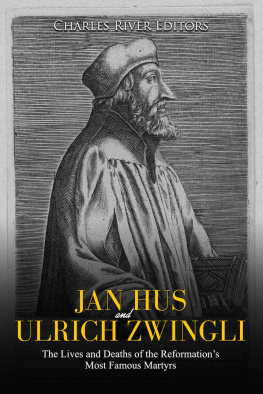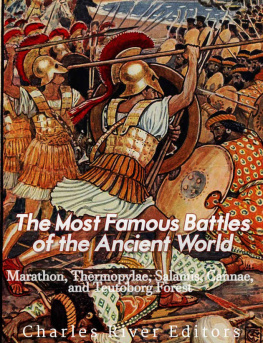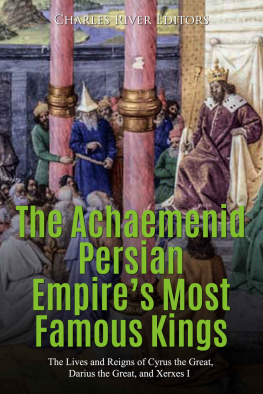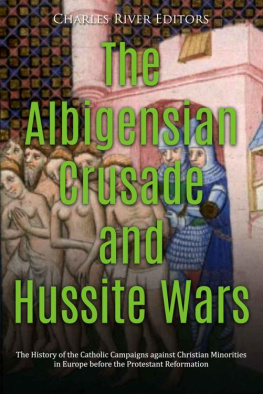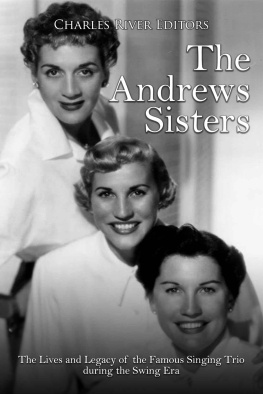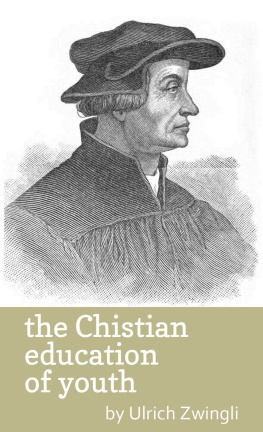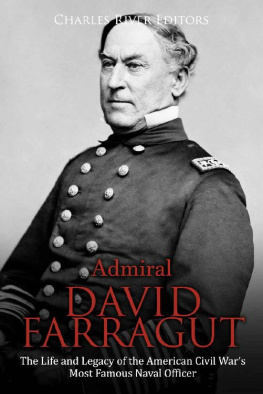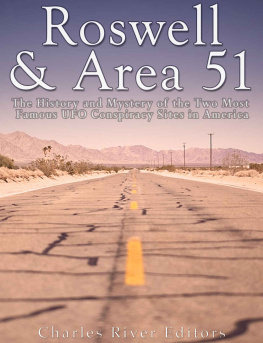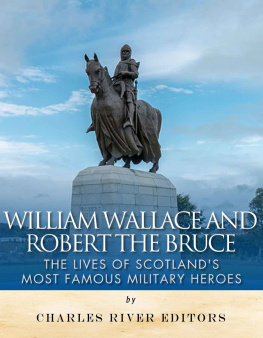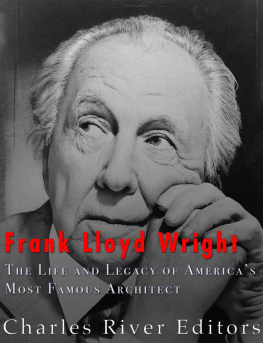Charles River Editors - Jan Hus and Ulrich Zwingli: The Lives and Deaths of the Reformation’s Most Famous Martyrs
Here you can read online Charles River Editors - Jan Hus and Ulrich Zwingli: The Lives and Deaths of the Reformation’s Most Famous Martyrs full text of the book (entire story) in english for free. Download pdf and epub, get meaning, cover and reviews about this ebook. year: 2019, publisher: Charles River Editors, genre: Detective and thriller. Description of the work, (preface) as well as reviews are available. Best literature library LitArk.com created for fans of good reading and offers a wide selection of genres:
Romance novel
Science fiction
Adventure
Detective
Science
History
Home and family
Prose
Art
Politics
Computer
Non-fiction
Religion
Business
Children
Humor
Choose a favorite category and find really read worthwhile books. Enjoy immersion in the world of imagination, feel the emotions of the characters or learn something new for yourself, make an fascinating discovery.
- Book:Jan Hus and Ulrich Zwingli: The Lives and Deaths of the Reformation’s Most Famous Martyrs
- Author:
- Publisher:Charles River Editors
- Genre:
- Year:2019
- Rating:3 / 5
- Favourites:Add to favourites
- Your mark:
- 60
- 1
- 2
- 3
- 4
- 5
Jan Hus and Ulrich Zwingli: The Lives and Deaths of the Reformation’s Most Famous Martyrs: summary, description and annotation
We offer to read an annotation, description, summary or preface (depends on what the author of the book "Jan Hus and Ulrich Zwingli: The Lives and Deaths of the Reformation’s Most Famous Martyrs" wrote himself). If you haven't found the necessary information about the book — write in the comments, we will try to find it.
Jan Hus and Ulrich Zwingli: The Lives and Deaths of the Reformation’s Most Famous Martyrs — read online for free the complete book (whole text) full work
Below is the text of the book, divided by pages. System saving the place of the last page read, allows you to conveniently read the book "Jan Hus and Ulrich Zwingli: The Lives and Deaths of the Reformation’s Most Famous Martyrs" online for free, without having to search again every time where you left off. Put a bookmark, and you can go to the page where you finished reading at any time.
Font size:
Interval:
Bookmark:
By Charles River Editors
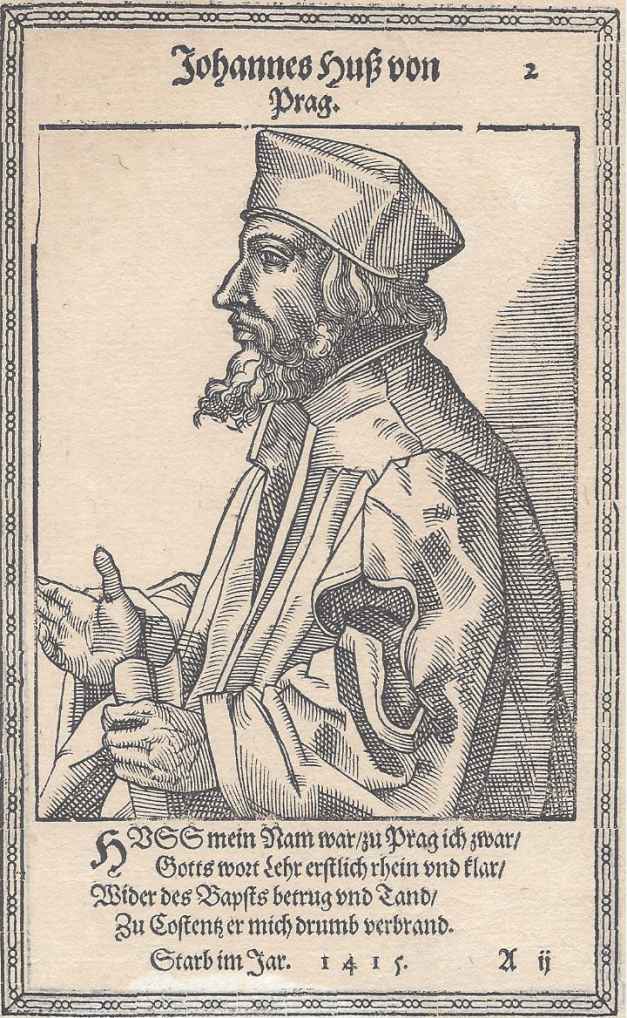
Jan Hus

Charles River Editors is a boutique digital publishing company, specializing in bringing history back to life with educational and engaging books on a wide range of topics. Keep up to date with our new and free offerings with this 5 second sign up on our weekly mailing list , and visit Our Kindle Author Page to see other recently published Kindle titles.
We make these books for you and always want to know our readers opinions, so we encourage you to leave reviews and look forward to publishing new and exciting titles each week.
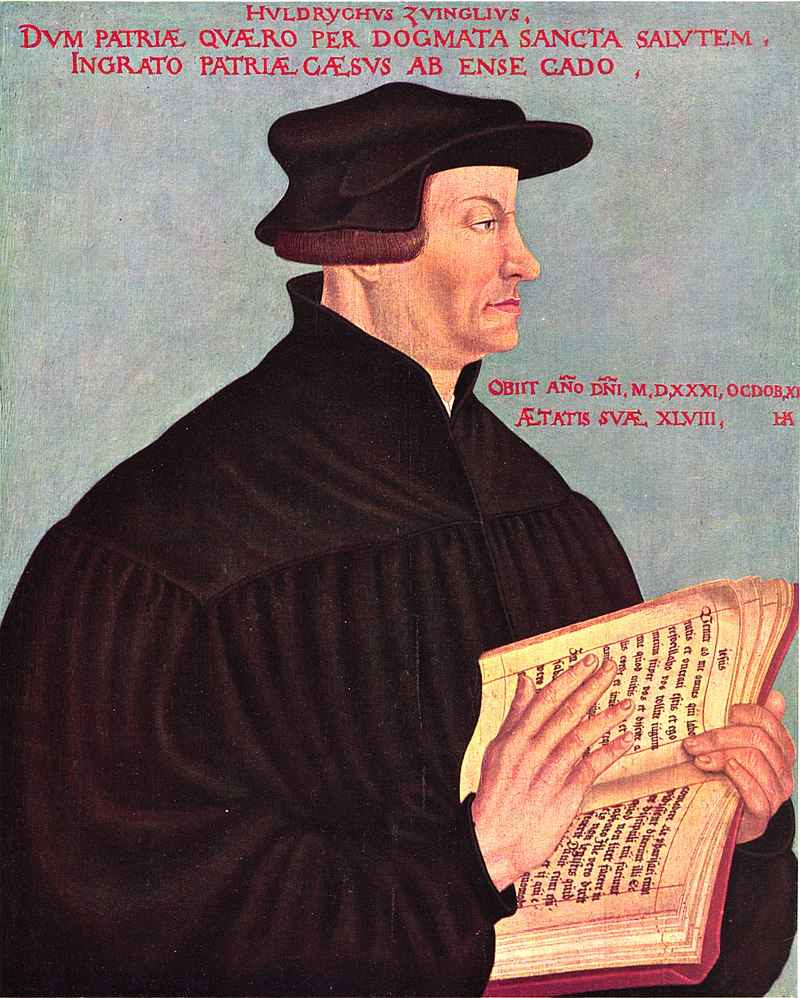
A contemporary depiction of Zwingli
Therefore, faithful Christian, seek the truth, listen to the truth, learn the truth, love the truth, tell the truth, learn the truth, defend the truth even to death. Jan Hus
The Christian life, then, is a battle, so sharp and full of danger that effort can nowhere be relaxed without loss. I beseech Christ for this one thing only, that He will enable me to endure all things courageously, and that He break me as a potter's vessel or make me strong, as it pleases Him. Ulrich Zwingli
Theologian and reformer John Wycliffe never had the opportunity to take his doctrines outside of his native England, but he could never have imagined that his teachings would one day travel as far as 920 miles east to Bohemia. In fact, while his contentious convictions aroused much ado at home, receiving both praise and contempt from followers and ecclesiastical figures, his messages would be far more resonant across the Channel than they ever were back home.
The revival of Wycliffe's ideas, many believe, was ignited by receptive Bohemian students who were introduced to the reformer's works at Oxford University and became so moved by his thoughts that they felt it absolutely imperative to spread the good word in their own kingdoms. Questioning Christians quietly perused compilations of Wycliffe's books and were, at the very least, intrigued by the nonconformist's opinions. One curious mind, however, was supposedly so inspired by Wycliffe that he was at once galvanized into action. Instead of simply parroting Wycliffe's seditious ideas, he launched an entire movement and remained fervidly true to his cause, even when his own life was at stake. This fearless firebrand was none other than Jan Hus, the father of the Bohemian Reformation and one of the most infamous heretics in all of Europe.
The parallels between the lives of Wycliffe and his Czech devotee were as numerous as they were uncanny. For starters, both Wycliffe and Hus came from humble beginnings, and they shared a number of similar accomplishments, including the translation of the Bible into their native languages well before Gutenberg invented the printing press. Wycliffe was apparently the first to render the Bible into English, while Hus and his successors revised the Bohemian (medieval Czech) Bible.
In the mid-14th century, the Vatican called upon England and sought financial aid in the hopes of boosting papal defenses against French forces. It was then that Wycliffe boldly stepped forth and appealed to the John of Gaunt, urging the Duke of Lancaster and Parliament to repudiate Rome's demands and citing what he believed to be the Church's abundance in wealth. According to Wycliffe, Christ's disciples, particularly clergymen, must aspire to live modestly and shun all material pleasures. Such was the word of the Lord.
Despite the growing tensions between Wycliffe and the Catholic Church, he was invited to partake in a religious committee that aimed to find solutions for the apparent failings of the institution in 1374, but progress was slow, impeded by the corruption of the priests who readily accepted bribes and immoral incentives. Wycliffe, on the contrary, was equipped with a cast-iron will and refused to cave in to temptation. His strength of character earned him the approbation of the Duke and members of Parliament. The same could not be said about his fellow clergymen.
Wycliffe's relentless criticism of the Church only continued to escalate, and eventually he was summoned to London and charged with the unforgivable crime of heresy. To the dismay of his detractors, the hearing was anything but black and white, and heated verbal exchanges soon spiraled into physical altercations. This resulted in a temporary deadlock that was broken only three months later when Pope Gregory XI published five papal bulls that unequivocally banned all of Wycliffe's teachings and found the heretic, dubbed the master of errors, guilty of 18 counts of heresy. The end, it appeared, was nigh, but Wycliffe remained unfazed, declaring, I profess and claim to be by the grace of God a sound...Christian and while there is breath in my body, I will speak forth and defend the law of it. Wycliffe told the archbishop at Lambeth Palace, I am ready to defend my convictions even unto death...I have followed the Sacred Scriptures and the holy doctors.
Though branded a heretic, the renegade did not die in Christ's name, but Hus would not be so fortunate. Moreover, while Wycliffe's critics rejoiced at the news of his demise, they soon discovered that his influence was far more difficult to extinguish than they initially anticipated. In 1427, a whole 43 years after Wycliffe's passing, his corpse was exhumed by local authorities and cremated, and the ashes were dumped into the River Swift, but Wycliffe's indelible ideas had taken on a life of their own, and they would be championed by Hus. The 17th century historian Thomas Fuller poetically described the ripple effect: Thus the brook hath conveyed his ashes into Avon; Avon into Severn; Severn into the narrow seas; and they into the main ocean. And thus the ashes of Wycliffe are the emblem of his doctrine which now is dispersed the world over.
If Wycliffe was the Morning Star of the Reformation, Hus was the Guiding Star of the movement. Hus started as a Czech priest, but he quickly became notorious for debating several Church doctrines such as the Eucharist, Church ecclesiology, and many more topics. Today, he is viewed as a predecessor of the Lutherans, but the Church viewed him as a threat, and the Catholics eventually engaged Hus followers (known as Hussites) in several battles in the early 15th century. Hus himself was burned at the stake in 1415, but his followers fought on in a series of battles known as the Hussite Wars, and Czechoslovakias inhabitants by and large remained Hussite afterward. About 100 years later, reformers like Martin Luther, John Calvin, and Ulrich Zwingli would help spark the Reformation across the continent.
On March 9, 1522, the first Sunday of Lent, Catholics across Europe ushered in a 40-day period of solemn penitence, self-imposed moderation, and spiritual discipline by marking crosses onto their foreheads with ash-coated fingers. They dutifully adhered to the Lenten laws, immersing themselves in prayer, modulating their consumption of booze, and avoiding meat in preparation for the death and resurrection of Christ.
Meanwhile, a band of about a dozen rebellious Christians gathered in a printer's workshop in Grabengasse, Zurich, fully resolved to march to the beat of their own drum. These renegades were intent on broadcasting a message to the corrupt and increasingly dishonorable Catholic Church. The group included: Christoph Froschauer, the proprietor of the printing shop; Hans Oggenfuss, a tailor by trade; Niklaus Hottinger, a shoemaker; Laurenz Hochrutiner, a weaver; and Heinrich Aberli, a baker. All of them had garnered reputations as wayward pro-reform activists campaigning for a return to the old ways of the Scripture and the eradication of faulty interpretations of God's word. Aberli opted to get a start on the protest on Ash Wednesday, just four days prior, by eating a homemade roast in front of a stunned audience at the bakers' guild house. Along with these rebels were two priests: Leo Juda from Alsace and 38-year-old Ulrich Zwingli.
Font size:
Interval:
Bookmark:
Similar books «Jan Hus and Ulrich Zwingli: The Lives and Deaths of the Reformation’s Most Famous Martyrs»
Look at similar books to Jan Hus and Ulrich Zwingli: The Lives and Deaths of the Reformation’s Most Famous Martyrs. We have selected literature similar in name and meaning in the hope of providing readers with more options to find new, interesting, not yet read works.
Discussion, reviews of the book Jan Hus and Ulrich Zwingli: The Lives and Deaths of the Reformation’s Most Famous Martyrs and just readers' own opinions. Leave your comments, write what you think about the work, its meaning or the main characters. Specify what exactly you liked and what you didn't like, and why you think so.

